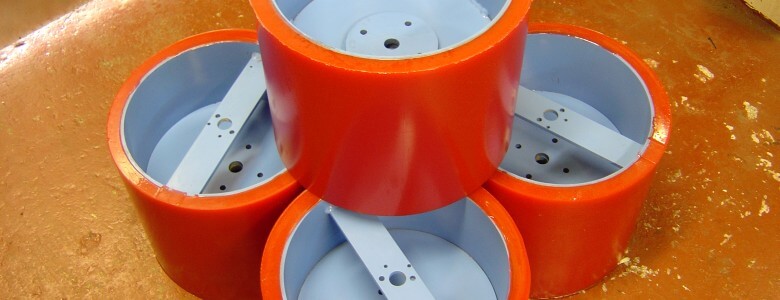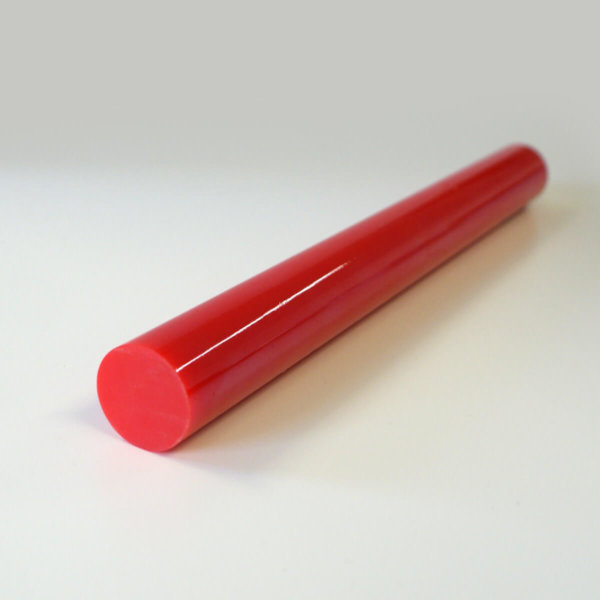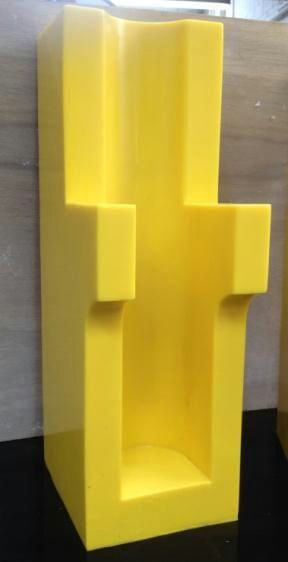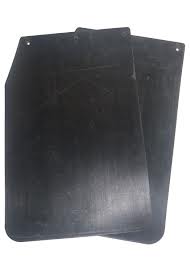Even in the age of technology, the integrity and reliability of basic machinery components such as rollers are still a priority, for a diverse range of manufacturing and materials processing companies.
Getting traditional machinery components such as these 100% right can play a key role in product quality and consistency, and also in avoiding production downtime due to problems or part replacement.
Why polyurethane rollers then? How do their construction and properties impact on seamless manufacturing and component durability, giving you far fewer headaches on your production line?
The role of polyurethane rollers
Let’s start by quickly revisiting what polyurethane rollers are generally used for.
These are components that rotate on a central axis, to facilitate movement in a huge range of materials – including paper, steel, wood, plastic, textiles and foodstuffs.
With custom polyurethane rollers, the motion they support can also involve squeezing and shaping the material, protecting it, or feeding it onwards to the next part of the production cycle. They often support conveyor belts and associated machinery parts.
These versatile components have to be constructed to perform their specific purposes within a variety of machines. So polyurethane rollers come in many shapes, sizes and configurations.
In praise of polyurethane
There are core values to polyurethane which make it ideal to mould into rollers for a range of production purposes.
This includes the use of polymers that make it incredibly ‘mouldable’. Polyurethane offers a degree of elasticity that makes custom shaping possible to fit flawlessly into any situation. The level of rigidity or flexibility in the finished part can be adjusted across a wide spectrum.
However, the chemical structure of polyurethane can be mixed to make it extremely tough and durable. This highly mouldable substance – from a quality supplier – can still manage to outlast many alternatives.
This is particularly true when friction is involved – such as a series of rollers. Use of polyurethane extends roller lifecycle and greatly reduces even tiny fragments being dispersed even under pressure.
Read more: 5 Misconceptions About Polyurethane
More attributes of quality polyurethane rollers
As shown above, a well-made set of polyurethane rollers controls the production flow effortlessly, and with abrasion and erosion substantially reduced.
The top priority for anyone commissioning the construction of polyurethane rollers would generally be density and strength. The rollers must carry out their function with a level of hardness sufficient to cope with both high-speed production lines and the wear and tear involved with moving large or weighty materials.
Roller hardness levels signify the components’ ability to resist indentation when in contact with a static load. It is possible to commission custom made polyurethane rollers with a level of stability and strength that appears to defy the laws of physics!
Read more: Polyurethane product manufacturing 101: What you need to know
How are polyurethane rollers constructed?
Having such an incredibly versatile and hard chemical structure to work with still relies on the right expertise and equipment to mould it to the required dimensions.
Modern technology and advanced plastic moulding equipment have made it possible to work with the necessary polymers, and to tool polyurethane rollers into any shape or size.
For example, they don’t have to even be smooth cylindrical rollers. If your production process requires V-shaped rollers or ones that have an hour-glass form, that’s well within the realms of possibility.
Whatever roller you currently use for conveyor belts, and other materials transport systems, there’s a very good chance it can be replicated and improved by precision tooling polyurethane.
This is done by taking accurate and detailed readings and drilling down on all the demands that will be made on this specific roller. For example, the ambient temperature involved, ensuring that the roller performance matches the specifications of the materials at every stage of the manufacturing cycle.
The measurements used for precision tooling of polyurethane rollers would also include detailed analysis of the placement of each component, to create a uniform surface and force, that’s synergistic with all other elements of the machinery.
Of course, the rollers would also be carefully calibrated and constructed to the thickness that makes them a perfect match to their housing and function.
Read more: What are Suspension Bushes?
Ready to look into rollers?
If you can see ways in which polyurethane rollers could improve your manufacturing processes, or you want to replace existing ones with high-quality custom made polyurethane rollers, contact Custom Moulded Polyurethane for a quote.
Want to find out how much it will cost to make your products?




